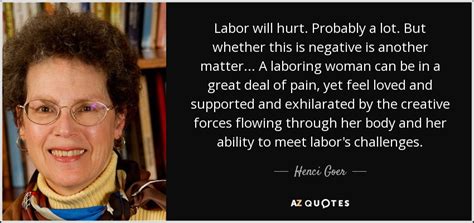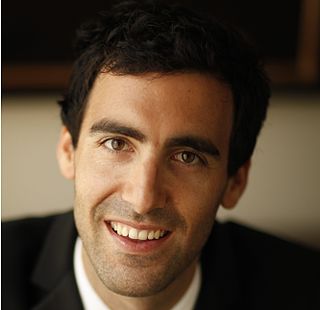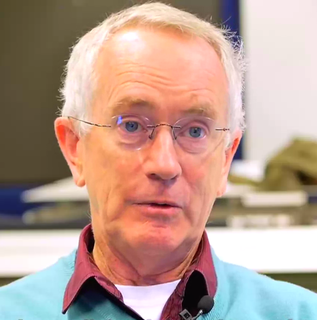A Quote by Alice Rivlin
most economists, like doctors, are reluctant to make predictions, and those who make them are seldom accurate. The economy, like the human body, is a highly complex system whose workings are not thoroughly understood.
Related Quotes
We are unconscious of most of our body's processes, thank goodness, because we'd screw it up if we weren't. The human body is so complex, with so many parts...a system which is far more complex than we can fully imagine. The idea that we are consciously care-taking such a large and mysterious system is ludicrous.
Reluctant doctors like to believe that they haven't much influence over their patients, but that is clearly not the case. Several studies have found that when doctors genuinely encouraged women to have VBACs, most of them did, and when they said nothing or acted neutral, most women didn't. Finally, when obstetricians discouraged VBAC in women who wanted to try it, none of them did.
Doctors are human animals. They want to be loved, they are tribal, they instinctually favor stories over scientific evidence, they make mistakes, and even small gifts make them susceptible to being biased. If we took doctors seriously as human animals, we might hurt them - and they might hurt us - a lot less.
The people who've done well within the [Hollywood] system are the people whose instincts, whose desires [are in natural alignement with those of the producers] - who want to make the kind of movies that producers want to produce. People who don't succeed - people who've had long, bad times; like [Jean] Renoir, for example, who I think was the best director, ever - are the people who didn't want to make the kind of pictures that producers want to make. Producers didn't want to make a Renoir picture, even if it was a success.
Implicit in the activist conception of government is the assumption that you can take the good things in a complex system for granted, and just improve the things that are not so good. What is lacking in this conception is any sense that a society, an institution, or even a single human being, is an intricate system of fragile inter-relationships, whose complexities are little understood and easily destabilized.




































